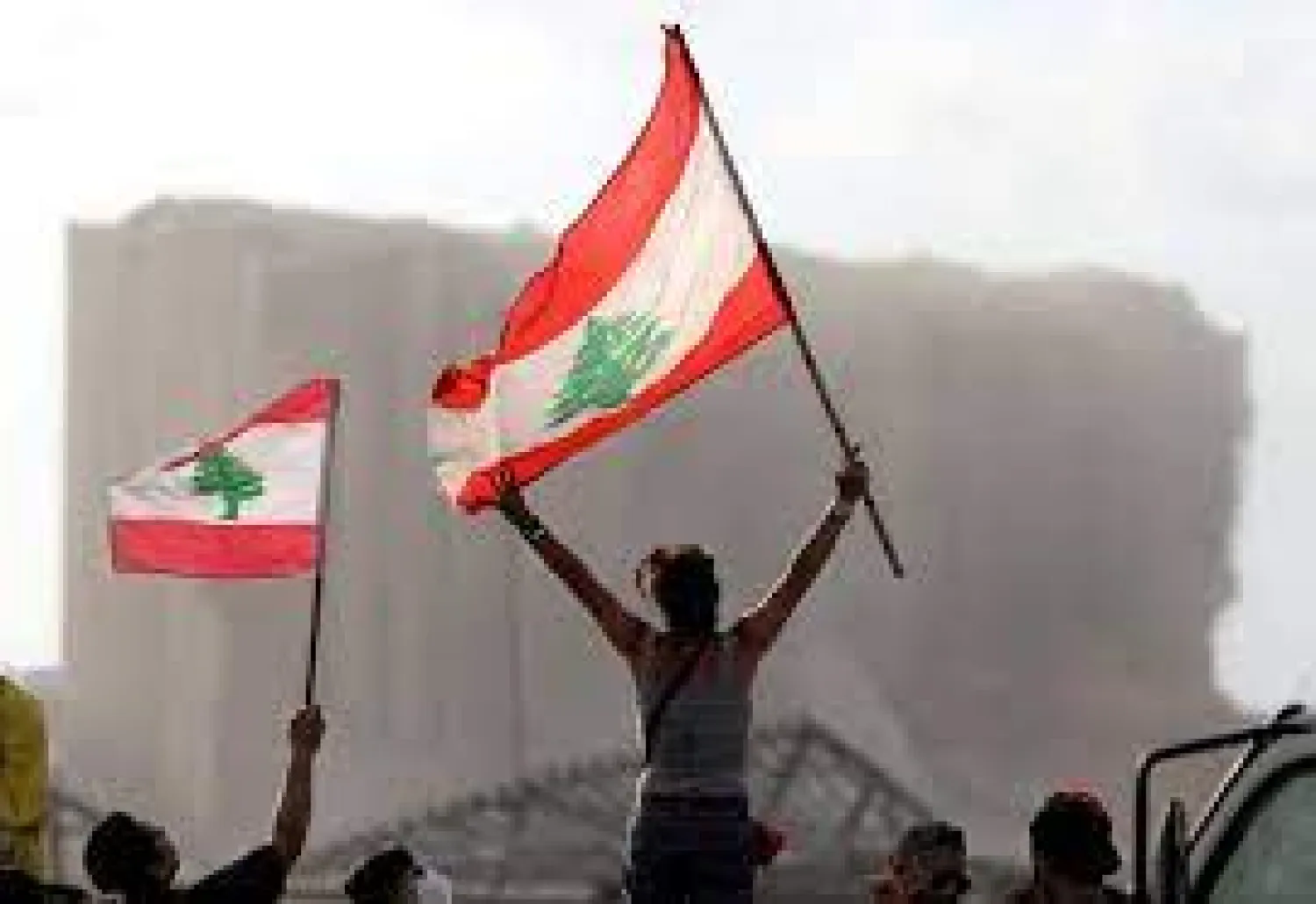Ghada Mrad, 35, does not find what motivates her to participate in the parliamentary elections scheduled for mid-May. When she got married, she was registered in the western Bekaa electoral district – her husband’s birthplace and a region that she has not visited for more than three years.
She told Asharq Al-Awsat: “It’s true that I support the forces of revolution and change, but I will not bother to go to the western Bekaa on the election day to spend hours on the road… as we all know the rampant increase in the price of diesel, and I have not heard of any candidates who might push me to change my decision.”
Ghada shares the opinion of many voters in Lebanon who, despite holding the forces of power collectively responsible for the country’s collapse, still do not believe that they are able to change the current equation through the ballot boxes.
They are also not convinced of the new figures who have lately announced their candidacies, which makes electoral experts believe that the percentage of boycotts would likely increase compared to the previous elections.
About half of the registered voters participated in the last parliamentary elections in 2018. Today, electoral experts believe that this percentage would not exceed 30 percent.
MP Bilal Abdallah, member of the Democratic Gathering bloc, admitted that a feeling of frustration prevailed over voters in all regions, which would make them reluctant to participate in the elections.
“We all know that the people’s livelihood and economic concerns precede their political interests… There’s an atmosphere of frustration, hesitation and even rejection, and we are trying to alleviate it by convincing people that they should head to the polls even if they will not vote for our lists,” Abdallah told Asharq Al-Awsat.
The ruling authority and the opposition are struggling to face people’s reluctance to vote.
Retired Brigadier General George Nader, a member of the Forces of Revolution and Change coalition in the northern Akkar region, pointed to “a real fear among the people, which is caused by their disappointment with the authority and the forces of the revolution, given that we did not provide them with a clear program, candidates or unified lists.”
On the other hand, the Lebanese Forces party seemed reassured that people would resort to what they describe as “revenge voting.” The LF sources consider that Lebanese public opinion “sees the upcoming elections as an opportunity to get rid of a political system that has dragged Lebanon into a catastrophe and wiped out people’s savings.”
Electoral expert Antoine Moukheiber said that ongoing opinion polls were showing a great percentage of respondents who choose “nobody” when asked about the candidates to whom they would vote. He explained that this category of respondents would likely boycott the elections.
“A weak turnout would not serve the forces of the revolution, even if it leads to a low electoral quotient… A high percentage of voting for unified lists is the only way to change the reality,” he stated.









